The Silent Protagonist: A Breakdown of This Gaming Trope
2 March 2025
Have you ever noticed how some of the most iconic gaming heroes rarely—or never—say a word? It's like they're carrying the weight of the world on their shoulders, yet they refuse to tell us how they feel about it. This unique design choice is called the "silent protagonist" trope, and it’s been a staple in video games for decades.
But why do game developers keep coming back to this seemingly quiet character type? What makes a hero who doesn’t say anything resonate so loudly with players? Let’s peel back the layers and dive into the mysterious charm of the silent protagonist. 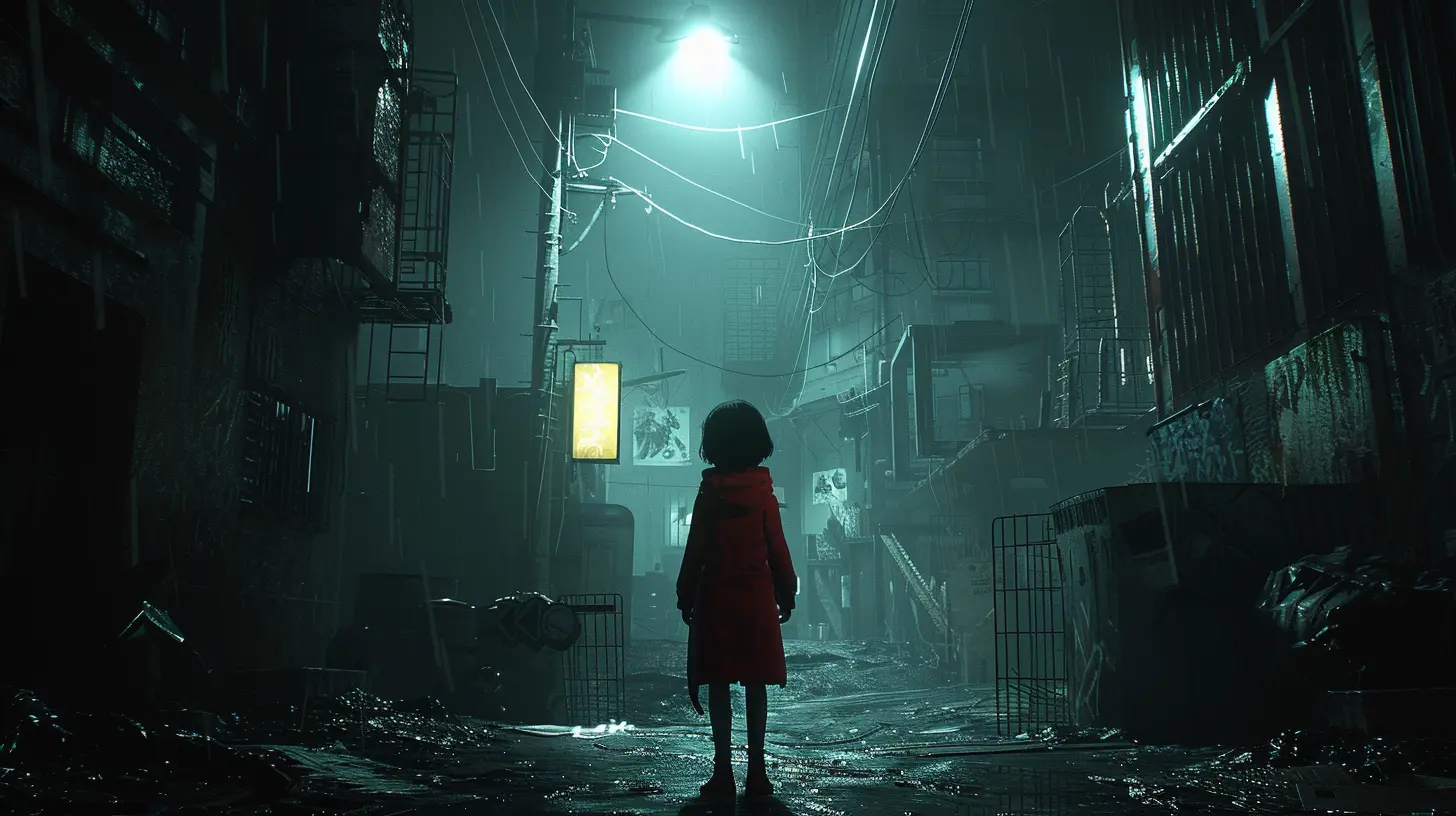
What Exactly Is a Silent Protagonist?
First things first: what are we even talking about here? A silent protagonist is a lead character in a game who doesn’t have any voice lines or dialogue. Sometimes, they might emote through body language or grunts (yeah, I’m looking at you, Link), but for the most part, they remain mute.This doesn’t mean they lack depth or personality—far from it. The silent protagonist is often designed to serve as a blank canvas, allowing players to project their own thoughts and emotions onto them. It’s about making you, the player, feel like you are the one in the hero’s shoes.
On the flip side, some silent protagonists are silent because of, well, plot reasons. Maybe they’ve taken a vow of silence, or their voice was stolen by some sinister force. Regardless of the reason, their muteness can add layers of intrigue to the narrative. 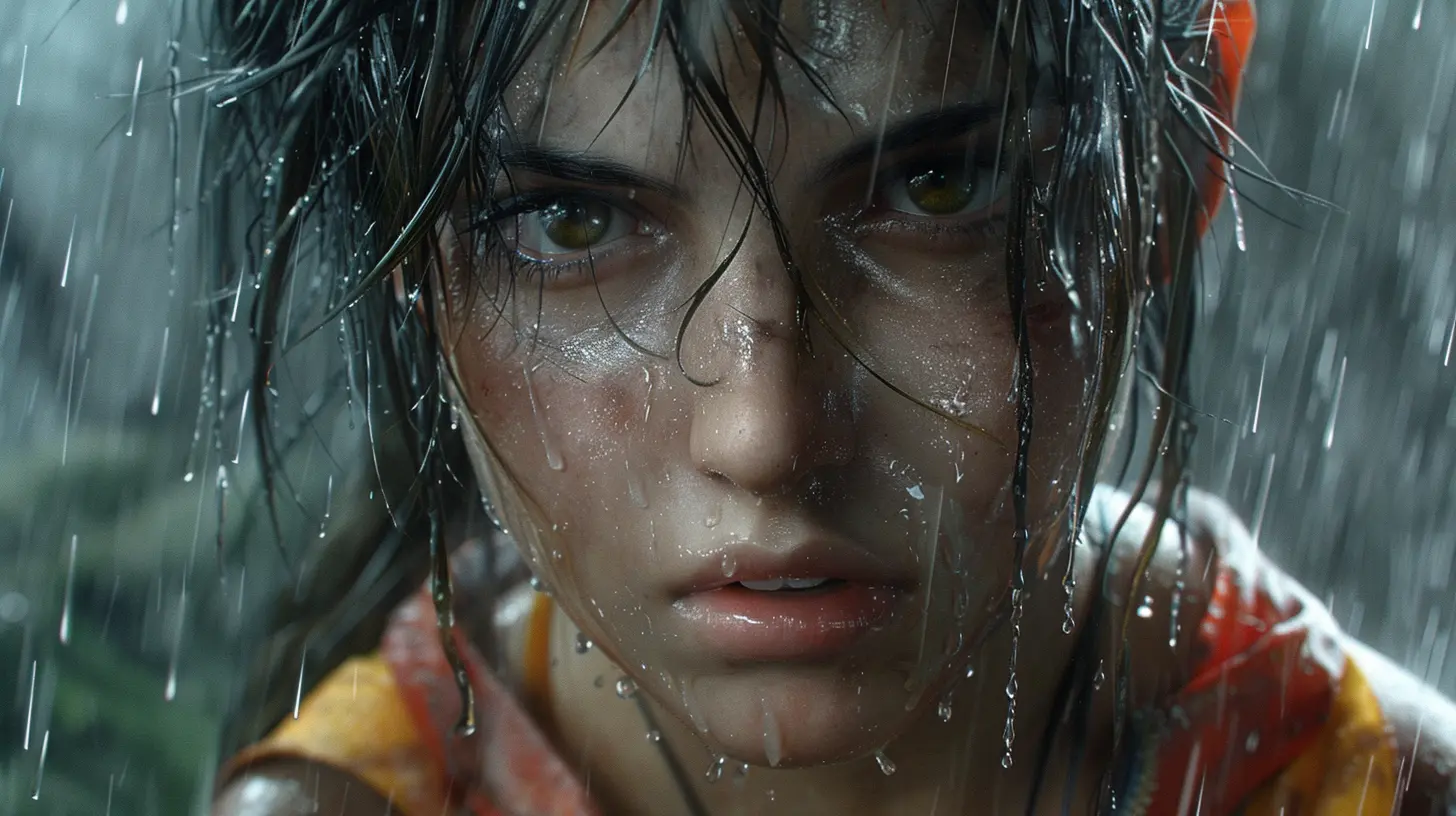
A Brief History of Silence in Gaming
Silent protagonists have been around for as long as video games themselves. Go back to the ‘80s and ‘90s, and this trope was everywhere. Why? The limitations of early gaming platforms played a big role. Voice acting wasn’t really feasible at the time, and detailed dialogue trees? Forget about it. Developers had to find creative ways to tell stories without relying on spoken words.Take the original The Legend of Zelda from 1986. Link didn’t say a word, and yet he became one of the most beloved characters in gaming history. Or look at Pokemon Red and Blue—your avatar didn’t utter a single line, but that didn’t stop you from feeling like a true Pokémon master.
Fast forward to today, and even with modern technology, the silent protagonist hasn’t gone extinct. If anything, they’ve evolved. Titles like Half-Life 2 (let’s all give a nod to Gordon Freeman) and Persona 5 remind us that silence can be just as powerful—if not more so—than words. 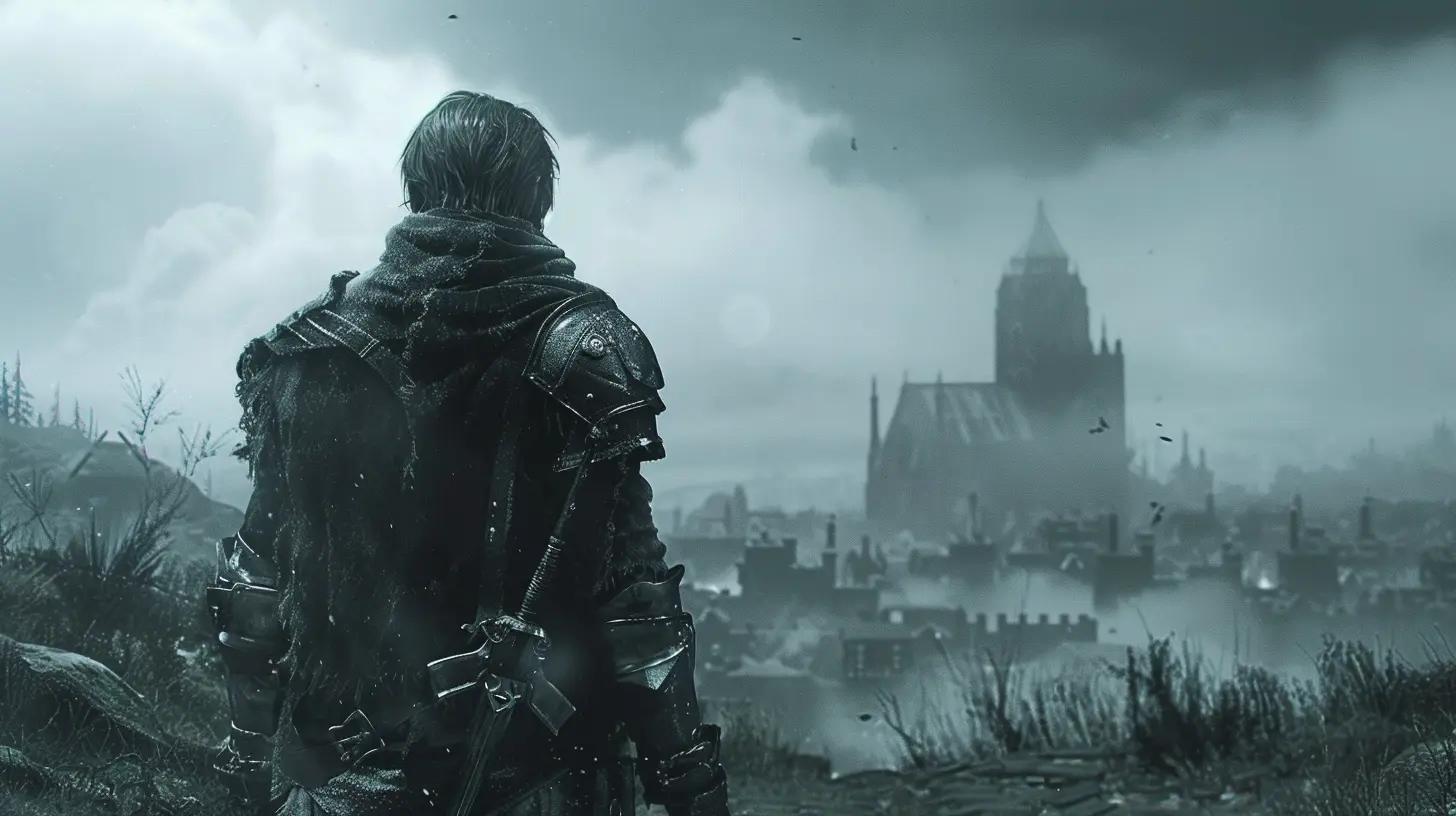
Why Do Developers Use Silent Protagonists?
Okay, so developers aren’t just being lazy (at least most of the time). There are solid design reasons behind this trope, and they usually boil down to one thing: player immersion.1. You Become the Hero
Ever notice how a silent protagonist feels like an extension of yourself? That’s not an accident. By keeping the character quiet, developers let you fill in the blanks. Your thoughts, your decisions, and your reactions become theirs.Imagine you’re playing The Elder Scrolls V: Skyrim. Your Dragonborn doesn’t have a predefined personality or voice, which makes every choice feel like your choice. It’s empowering—and honestly, a little addicting.
2. Don’t Tell, Show
Silent protagonists often force developers to get creative with storytelling. Instead of handing you emotional cues on a silver platter, the game shows you the world through actions and events. It’s the old “show, don’t tell” rule in action—and when done right, it’s incredibly effective.Remember Hollow Knight? The protagonist doesn’t utter a single word, yet the game’s world feels rich and alive. The silence adds to the mystery, pulling you deeper into the experience.
3. Universality
Let’s face it: dialogue can sometimes alienate players. Maybe a character’s voice doesn’t match what you had in mind, or their personality clashes with yours. A silent character sidesteps all of that. They’re a blank slate, so they can appeal to a broader audience.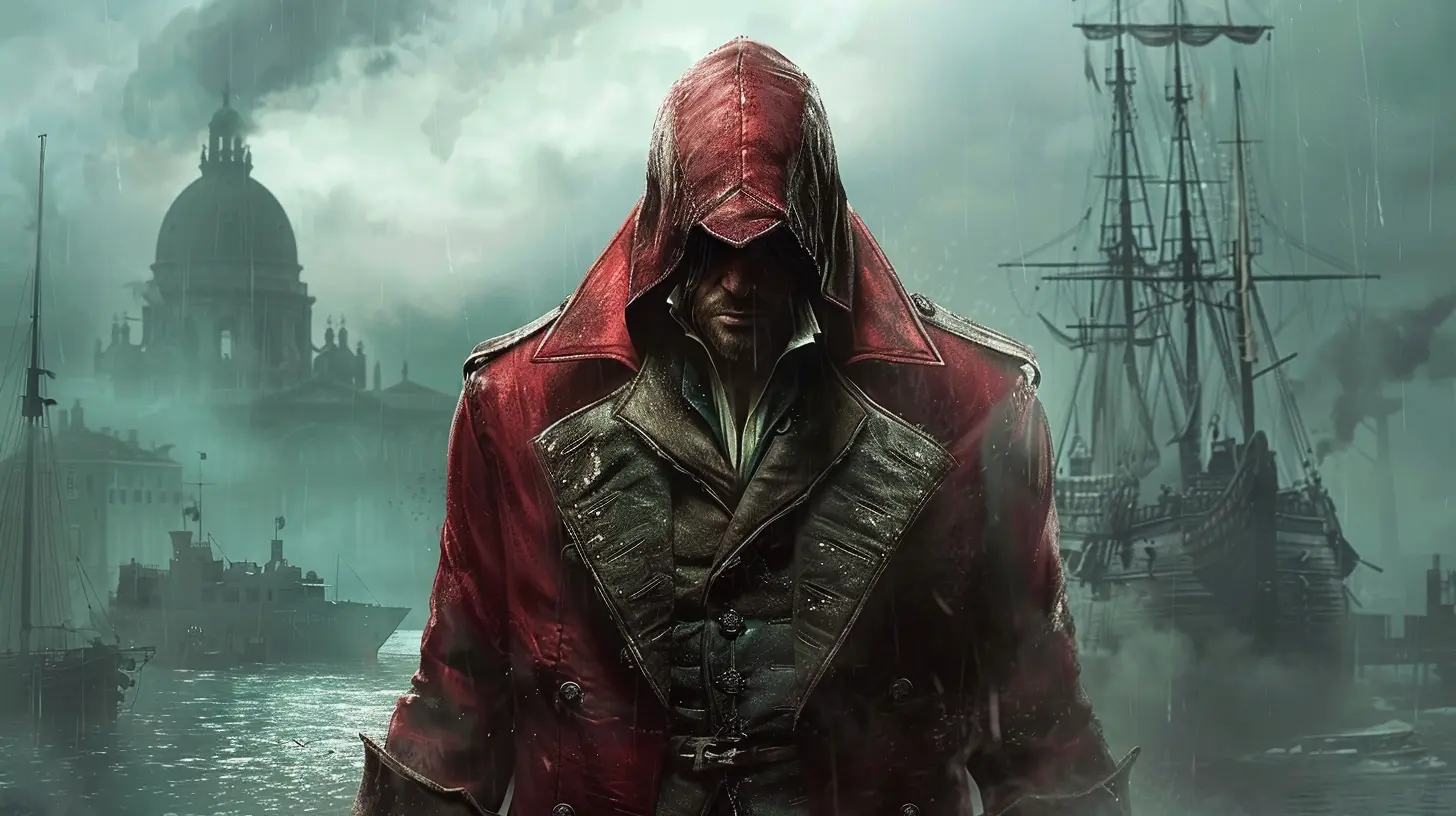
When Silence Speaks Volumes
Silence doesn’t have to mean a lack of personality. Some silent protagonists manage to say more with their actions than another character could in a thousand lines of dialogue.Take Link from The Legend of Zelda series. He doesn’t speak, but his courage, determination, and occasional moments of humor shine through in his body language. Whether he’s rolling into trees to knock down rupees or gliding across Hyrule on a paraglider, you know exactly what kind of person (er, Hylian) Link is.
Then there’s Gordon Freeman from Half-Life. He’s the very definition of “strong, silent type.” His muteness doesn’t detract from the story; instead, it enhances the sense of isolation and tension as you navigate through the game’s dystopian world.
And let’s not forget Chell from Portal. She doesn’t need to say anything—her actions speak louder than words. You feel her resilience and determination through every puzzle you solve.
The Downsides of Going Silent
Of course, no trope is without its flaws, and the silent protagonist is no exception. For starters, their lack of dialogue can sometimes make them feel... distant. Sure, they’re meant to be a stand-in for the player, but not everyone wants that. Some players crave characters with strong personalities and distinct voices.There’s also the risk of breaking immersion. If other characters are having deep, meaningful conversations while your protagonist just stands there like a mute brick wall, it can feel a little awkward.
And then there’s the storytelling limitation. Not every narrative works with a silent lead, especially ones that rely heavily on character interactions and relationships. Imagine The Last of Us with a silent Joel—it just wouldn’t work.
Is the Silent Protagonist Here to Stay?
So, is this trope just a relic of gaming’s past, or does it still have a place in modern games? The answer is... both. As gaming continues to evolve, so does the role of the silent protagonist.Some developers are moving away from silence, opting for fully voiced characters to enhance storytelling. Others are leaning into the trope, using it in creative ways to heighten immersion and mystery.
At the end of the day, the silent protagonist isn't going anywhere. Whether they’re slashing through monsters, battling alien invasions, or just living out a slice-of-life RPG, their quiet strength continues to captivate us.
Final Thoughts
The silent protagonist might not have a voice, but they sure have a lot to say—if you’re willing to listen. They’re a testament to the power of subtlety and the magic of gaming as a truly interactive medium.Love them or hate them, one thing’s for sure: the silent protagonist isn’t just a blank slate—they’re a mirror. They reflect our hopes, fears, and dreams, turning every adventure into something uniquely personal. And honestly, isn’t that what gaming is all about?
all images in this post were generated using AI tools
Category:
Video Game CharactersAuthor:

Francesca West
Discussion
rate this article
9 comments
Ardent McEachern
Great breakdown of the silent protagonist trope! It's fascinating how these characters allow players to immerse themselves deeply in the story. Every choice becomes personal, transforming the gameplay experience. Keep exploring these unique narratives—your insights inspire us to appreciate the artistry in game design even more!
March 31, 2025 at 2:27 AM

Francesca West
Thank you for your thoughtful comment! I'm glad you found the breakdown insightful. The silent protagonist truly enhances player immersion and choice, making the narrative experience more personal. I appreciate your support!
Nathaniel Frank
Silent protagonists: proving you can save the world without uttering a single awkward line!
March 16, 2025 at 4:00 AM

Francesca West
Absolutely! Silent protagonists allow players to project themselves into the character, enhancing immersion and personal connection without the distractions of scripted dialogue.
Nyx Cantu
Silent protagonists enhance immersion and player connection.
March 11, 2025 at 4:45 PM

Francesca West
I completely agree! Silent protagonists allow players to project themselves onto the character, enhancing immersion and personal connection with the story.
Sienna Estes
The silent protagonist allows players to immerse themselves fully in the story, creating a unique bond with the game world. It’s a testament to the power of choice and personal connection in gaming. Embrace the silence!
March 10, 2025 at 3:38 AM

Francesca West
Thank you for your insight! The silent protagonist indeed fosters immersion and personal connection, enhancing the player's experience in the game world. Embracing this trope can lead to profound storytelling moments.
Sylvan Bowman
Silent protagonists empower players to shape their journey—embracing imagination in every choice! Game on!
March 9, 2025 at 4:58 AM

Francesca West
Absolutely! Silent protagonists allow players to immerse themselves in the story, making each decision feel personal and impactful.
Lucy Wilkerson
Silent protagonists: the ultimate masters of awkward small talk!
March 5, 2025 at 5:41 AM

Francesca West
Absolutely! Silent protagonists often rely on non-verbal cues, making their interactions all the more relatable and awkward in social situations. It's a unique dynamic that adds depth to their character!
Ariella Soto
Silent protagonists can enhance player immersion but often sacrifice character depth and narrative richness.
March 3, 2025 at 4:33 PM

Francesca West
While silent protagonists can indeed heighten immersion by allowing players to project themselves onto the character, they often limit opportunities for deeper storytelling and character development. Balancing silence with meaningful interactions can create a richer narrative experience.
Ivy McAdams
The silent protagonist serves as a mirror for players, allowing personal experiences to shape their journey. This trope fosters immersion and encourages player agency, yet it also raises questions about narrative depth and character development in storytelling. A fascinating duality.
March 3, 2025 at 3:48 AM

Francesca West
Thank you for your insights! The duality of the silent protagonist indeed enriches player immersion while challenging narrative depth, making it a compelling topic for discussion in gaming.
Pandora Stone
I'm fascinated by the silent protagonist trope! It’s intriguing how they allow players to project themselves into the game. What do you think the psychological effects are on immersion and storytelling?
March 2, 2025 at 4:57 PM

Francesca West
The silent protagonist enhances immersion by allowing players to insert their own identity into the character, fostering a deeper emotional connection to the story. This blank slate can make experiences feel more personal and compelling, as players navigate the narrative through their own perspectives and choices.
MORE POSTS

The Role of Cosmetics in Season Passes: More Than Just Skins

Why Custom Controllers Are Gaining Popularity

Top Casual Games to Play During Your Coffee Break
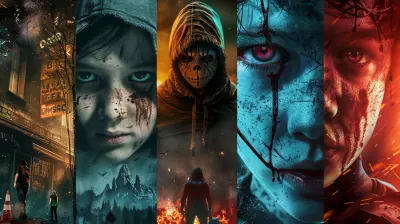
Upcoming Horror Titles That Will Keep You Up at Night

Designing for the Future: How Virtual Reality Changes Games
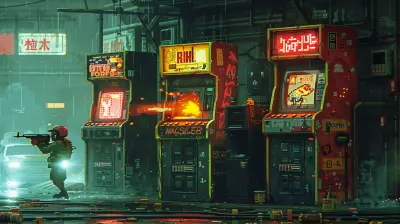
Multiplayer Mayhem: The Best Co-Op Arcade Games

Crafting Reward Systems to Enhance Player Retention